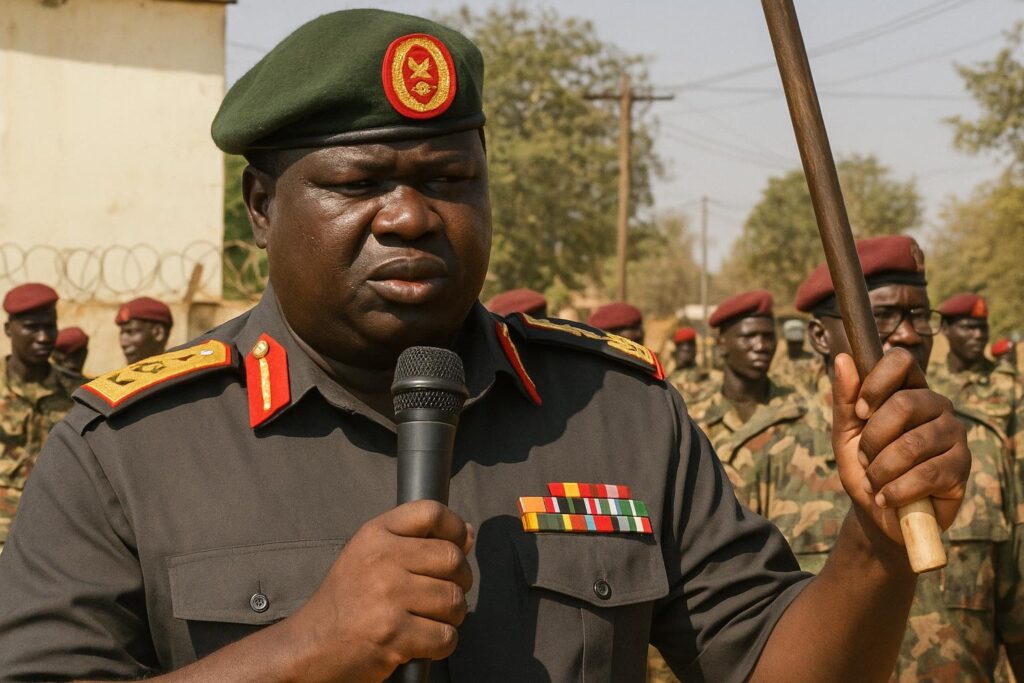South Sudan Army Leadership Shift
President Salva Kiir’s recent decision to reinstate Gen. Dr. Paul Nang Majok as Chief of Defence Forces returned a youthful, doctorate-holding officer to the pinnacle of the South Sudan People’s Defence Forces command.
Supporters credit the move to merit and trust rather than lobbying, seeing it as a calculated bid to revive professionalism within a force forged during a bruising liberation war.
Expectations of Institutional Reform
Analysts argue that Majok inherits a dual brief: command operations and heal an institution whose reputation often shadows political turbulence.
The 2009 SPLA Act provides levers, yet its enforcement demands insulation from partisan interference and factional advice, an equilibrium Majok must secure to reboot doctrine and discipline.
Unpaid Salaries and Troop Morale
Front-line soldiers, some unpaid for months, privately lament watching alleged foreign contractors draw stipends in hard currency, a contrast that chips away at morale in garrisons from Malakal to Yei.
Majok’s critics insist that stabilising pay is the acid test for his leadership; sympathisers counter that macro-economic turbulence complicates even the most earnest payroll reforms.
Border Security and Foreign Troops Debate
Border flashpoints with Sudan and Ethiopia remain sensitive, their lines etched by decades of costly struggle.
Civic voices, including Dr. Sunday de John in a widely circulated letter, urge Majok to assert sovereignty by phasing out non-UN foreign forces while strengthening patrols led by domestically paid units.
Balancing Command with National Unity
Observers warn that communal violence, cattle raids, and revenge dynamics demand a commander who can project firmness without feeding grievance narratives.
If Majok succeeds, the SSPDF could evolve into a professional anchor for a young republic still negotiating identity, economy, and peace accords that stretch from Juba to the states.


